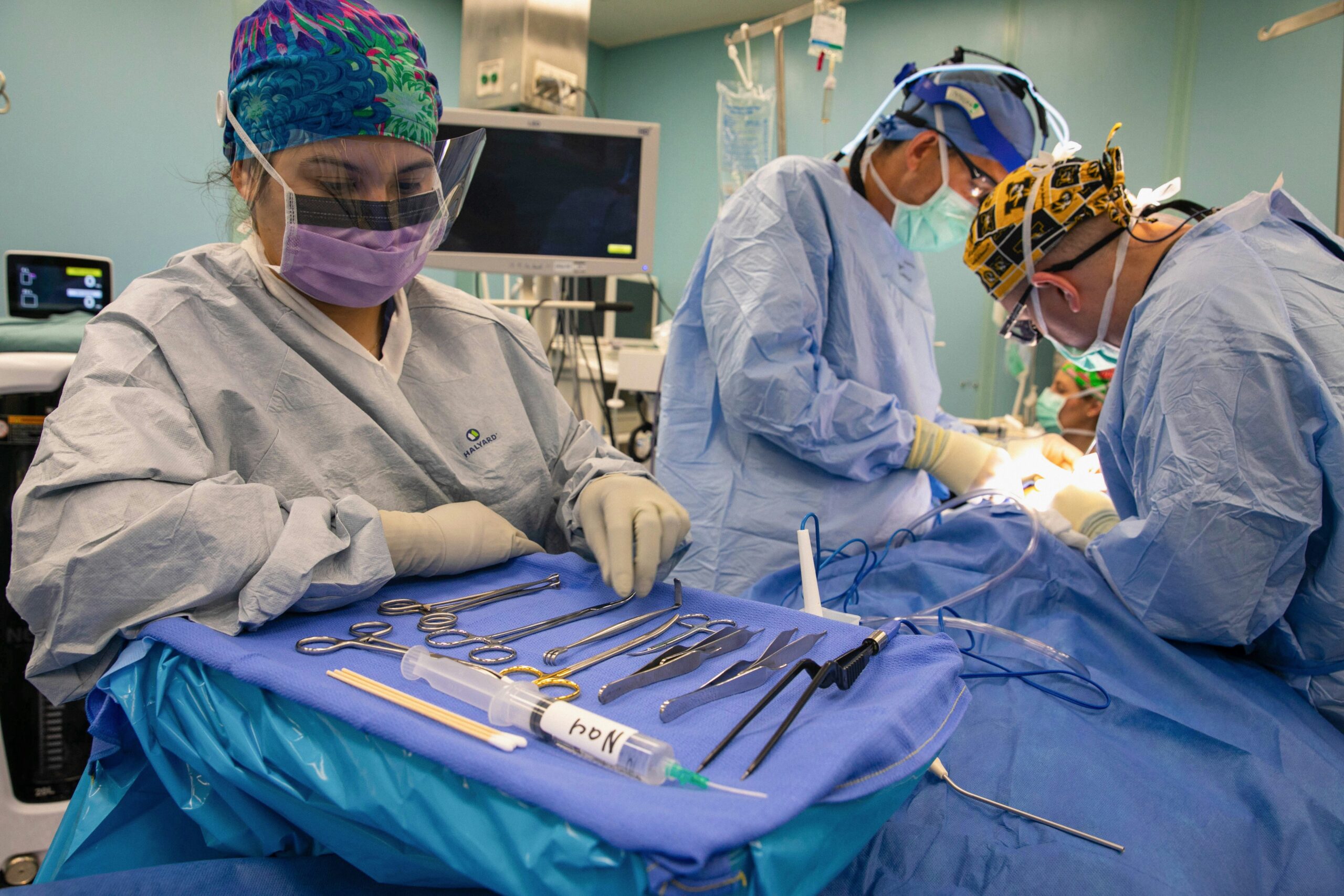
Integrated thoracic surgery residency programs represent a modern approach to surgical education. Unlike traditional pathways, these programs allow medical graduates to enter thoracic surgery training directly after medical school. By combining general surgery and cardiothoracic surgery training into a continuous curriculum, residents gain comprehensive experience early in their careers. This approach emphasizes clinical exposure, technical skills, and professional development from the outset. As a result, aspiring thoracic surgeons develop a strong foundation that prepares them for complex procedures and leadership roles in the field.
The integrated model also addresses the evolving needs of healthcare systems. Hospitals and surgical centers require specialists who are well-versed in both general and thoracic surgical principles. By entering residency through an integrated program, trainees acquire this dual expertise efficiently. Furthermore, the continuity of training fosters stronger mentor-mentee relationships, thereby enhancing learning and providing career guidance. Consequently, residents often feel more confident and prepared for independent practice upon completing their programs.
Advantages of the Integrated Pathway
One of the primary advantages of integrated thoracic surgery residency programs is the accelerated career trajectory they offer. Traditional pathways involve completing a general surgery residency first, which can extend training by several years. Integrated programs streamline this process, enabling graduates to reach specialized practice sooner. This efficiency appeals to medical students who are confident they want to pursue thoracic surgery and wish to immerse themselves in the specialty immediately.
Another significant benefit lies in skill development. Residents in integrated programs receive early exposure to thoracic cases, including minimally invasive procedures, complex reconstructions, and transplant surgeries. This early hands-on experience enhances technical proficiency and clinical decision-making skills. Moreover, the structured curriculum often includes research opportunities, allowing residents to contribute to advancements in surgical techniques and patient care. By combining practical training with academic development, integrated programs cultivate well-rounded surgeons who excel in both clinical and research settings.
Selecting the Right Program
Choosing an integrated thoracic surgery residency program requires careful consideration. Applicants must evaluate factors such as faculty expertise, case volume, research opportunities, and program culture. Additionally, mentorship availability plays a crucial role in professional development. Programs with experienced surgeons who actively guide residents can significantly influence career outcomes. Transitioning smoothly from medical school to residency demands a supportive environment where learning, feedback, and collaboration thrive.
Furthermore, applicants should consider the program’s location and affiliated hospitals. Exposure to diverse patient populations enriches training and fosters adaptability. Residents benefit from experiencing a range of surgical cases, from routine procedures to rare and complex conditions. By carefully researching program characteristics, applicants can identify the best fit for their educational goals and career aspirations.
Challenges and Considerations
Despite its advantages, the integrated pathway presents particular challenges. The intensity of combined training can be demanding, both physically and mentally. Residents often encounter high patient volumes and long hours, requiring resilience and effective time management. Additionally, the early specialization leaves less room for exploring other medical fields. Therefore, applicants must be confident in their decision to pursue thoracic surgery from the start.
Another consideration involves competition. Integrated programs are highly selective, with limited positions available nationwide. Successful applicants typically demonstrate strong academic performance, research involvement, and commitment to thoracic surgery. Preparing for the application process demands strategic planning, including gaining clinical exposure, publishing research, and securing strong letters of recommendation. Recognizing these challenges allows prospective residents to approach the application process with focus and determination.
Impact on Patient Care
Integrated thoracic surgery residency programs have a positive impact on patient care. By training surgeons with early and continuous exposure to thoracic cases, these programs ensure that graduates enter practice with high competence and confidence. Patients benefit from surgeons who are skilled in advanced techniques and capable of managing complex conditions. Additionally, the emphasis on research and innovation promotes the adoption of evidence-based practices, improving surgical outcomes and advancing the field overall.
Hospitals also benefit from having residents who can seamlessly transition into thoracic roles. Integrated programs produce surgeons ready to lead surgical teams, mentor junior colleagues, and contribute to institutional growth. This ripple effect enhances the overall quality of care, supports healthcare innovation, and strengthens the professional community within thoracic surgery.
Future Directions
The future of integrated thoracic surgery residency programs looks promising. With growing recognition of their benefits, more institutions are developing structured pathways to attract top candidates. Advances in surgical technology, such as robotic-assisted procedures and minimally invasive techniques, further enrich training opportunities. Consequently, residents gain exposure to cutting-edge methods that prepare them for modern surgical practice.
Additionally, integrated programs increasingly emphasize professional development beyond technical skills. Leadership training, communication workshops, and interdisciplinary collaboration are becoming integral components of residency. By fostering holistic growth, programs equip residents to excel as clinicians, researchers, and leaders. As the healthcare landscape evolves, these programs continue to shape a generation of thoracic surgeons capable of meeting new challenges and improving patient outcomes.
Integrated thoracic surgery residency programs offer a dynamic and efficient pathway for aspiring surgeons. By combining early specialization, structured training, and mentorship, these programs prepare residents for successful careers in thoracic surgery. While the journey can be demanding, the rewards are substantial, including accelerated career advancement, enhanced technical proficiency, and meaningful contributions to patient care. For medical graduates committed to thoracic surgery, integrated programs represent an invaluable opportunity to build expertise, advance the field, and make a lasting impact on healthcare.